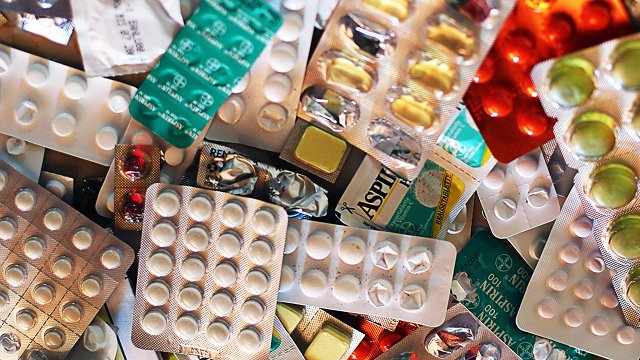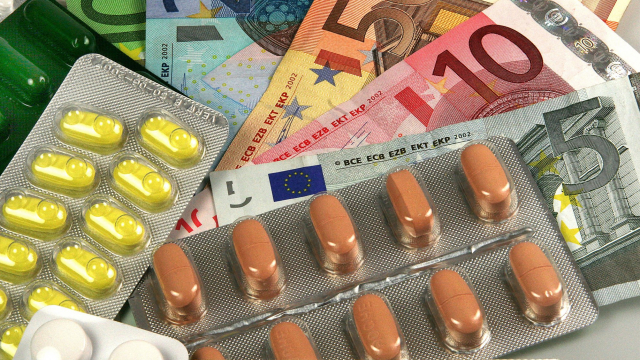Since 2018, when 31 innovative medicines were available in Latvia, the number has increased three times. This year 99 newly invented medicines are available in Latvia, according to a study commissioned by the Association of International Research-based Pharmaceuticals Manufacturers (SIFFA). This number is still lower than in Lithuania, where 105 innovative medicines are available, and in Estonia with 113.
Valters Bolevics, director of the SIFFA, praised the big increase but pointed out that the Latvian market is still unsuccessful in attracting innovative medicines in the field of oncology. There, 46 innovative medicines are available in Latvia, while 57 are available in Lithuania and Estonia. Neighboring countries are also far behind the rest of Europe.
"This is not even the halfway point to the European Union average, not to mention countries such as Germany, Switzerland and others. If we talk about oncology and look at, for example, from 2017 to 2020, scientists invented and registered 41 new medicines in the field of oncology in Europe. Six products are available from these medicines in Latvia. At the same time, none of these products is fully available in Latvia. In other words, they are available for a limited number of patients. There is only a similar situation in Europe in Cyprus and Bosnia [and Herzegovina]," Bolevics said.
“The lack of funding for reimbursable medicines in Latvia is critical compared to the Baltic. Not to mention European indicators. We need to keep investing in our people so that they have medicines when they get sick with some serious disease. Just so simple. The problem of scarcity is quite large in Latvia. And that is why we have one of the largest figures at European level, not only at European Union level, in patient co-payments for medicines,” Bolevics said.
Latvia also ranks first in unflattering figures in other areas. For example, in the newly established cancer inequality register. Olga Valciņa, chair of the melanoma patient organization “A step ahead of melanoma”, as well as the board of the oncology patient organization association “Onkoalianse”, explained that worse indicators are only in Slovakia, Croatia and Hungary.
Valciņa said that, in many cases in Latvia, innovative medicines are more accessible to those who are being treated for the first time but this approach is often absurd. There are also a number of cases where innovative drugs have been proven to fight against different types of cancer, while the state pays for only one type of cancer.
Valciņa said: “The medicine has been approved by studies and also by the European Medicines Agency, that it can be used for lung cancer and several other types of tumors. But only “melanoma” and “lung cancer” are recorded in our documents. And even if analytical results are available that this dying person's only drug is this medicine, if it is not checked against his diagnosis, then this person cannot receive this medicine paid for by the state.”
Overall, the situation is gradually improving, said Sintija Gulbe, spokeswoman for the National Health Service (NVD). For the first time, money was allocated in 2018 to compensate for innovative medicines in oncology and cardiology. In these years, funding has increased from an initial €8 to around €40 million this year. Both the increase in finances and the service talks with medicine producers have allowed the number of medicines to increase. However, aware that the number of medicines alone cannot be resolved without access to medicines, NVD said that they are also working carefully to make new medicines available to a wider range of patients, but it lacks money.
The Service estimated that more than €90 million would be needed to cover all acute needs in the list of reimbursable medicinal products – new medicinal products, extending conditions, including new diagnoses, and increasing the amount of compensation. There is currently no such money at the service's disposal.




























